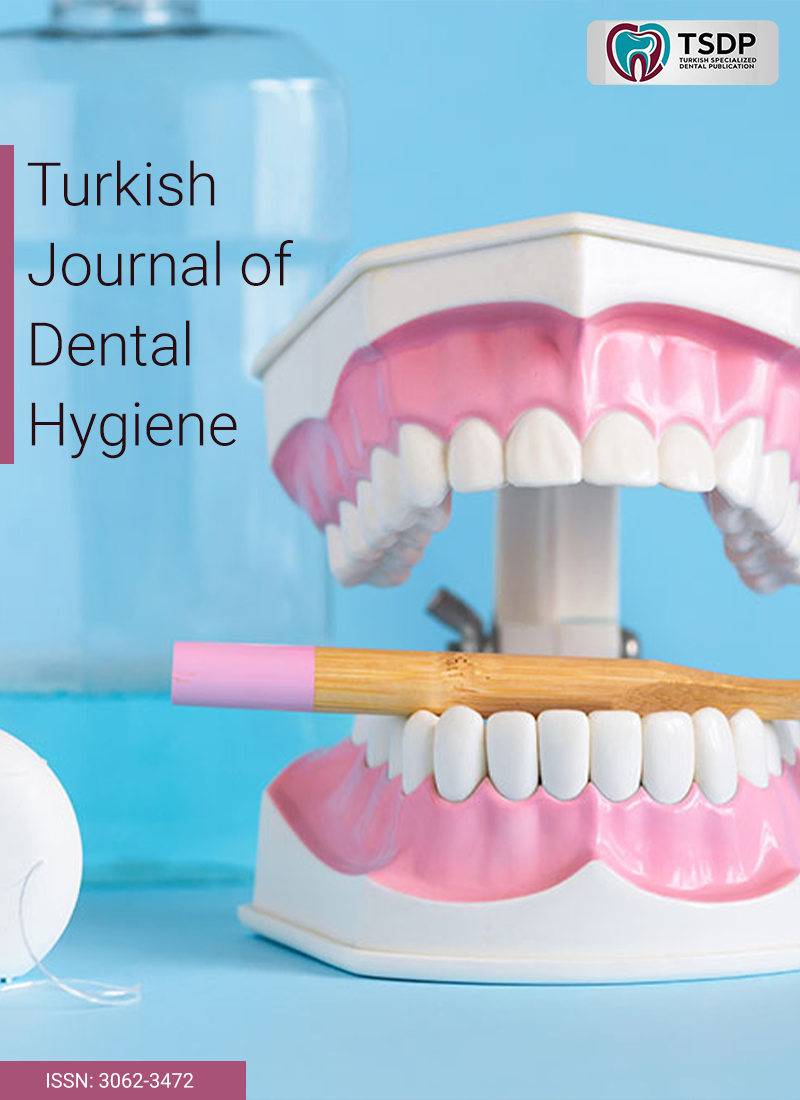
Mental and physical disabilities in children, including hearing impairment, are important factors affecting oral health. This study aimed to investigate the health habits and oral health status of children with hearing impairment. In this cross-sectional-analytic study, information related to health habits and clinical examinations, including caries status, gingival health index, oral health index, and trauma, were recorded in the data collection form. ANOVA, t-test, chi-square test, Mann-Whitney, and linear regression models were used for statistical analysis. In this study, 137 children with hearing impairment in the age range of 4-6 and 6-12 years were examined. The mean DMFT was 3.4 ± 4.1 and the total DMFT was 3.8 ± 4.4. Comparison of DMFT in the two age groups showed a significant difference (P < 0.01). Oral health according to the OHI-S index was good in 57.7% of cases. Based on the gum health index, only 10.9% of all children had healthy gums and there was a significant difference between the two age groups (P < 0.01). Only 53.3% of children repeated brushing their teeth every day. Linear regression analysis showed that the age of the children (P = 0.04, B-coefficient= -0.5), type of disability (P < 0.001, B-coefficient = 3.4), and health index (P = 0.03, B-coefficient = 1.2) had a significant effect on the mean total DMFT. According to the results of this study, the caries status in children with hearing impairment was higher than average. In addition, a low percentage of children had complete gum health and their health habits were also at a low level. This segment of society requires more attention from dentists and relevant authorities in implementing preventive and therapeutic programs due to their inability to learn normal health instructions.